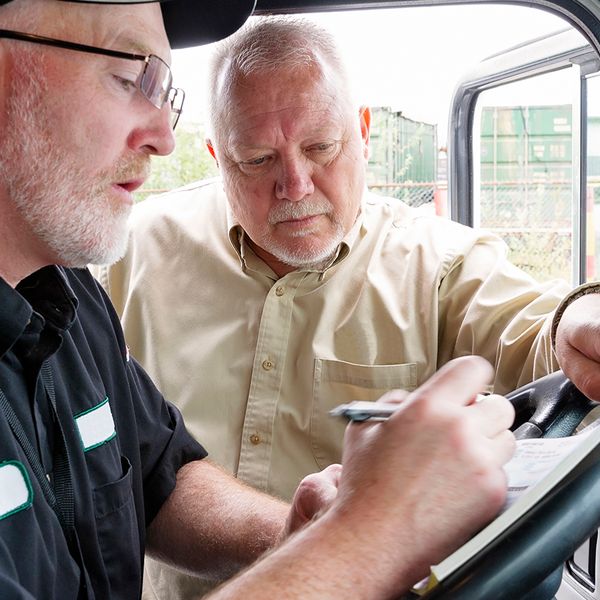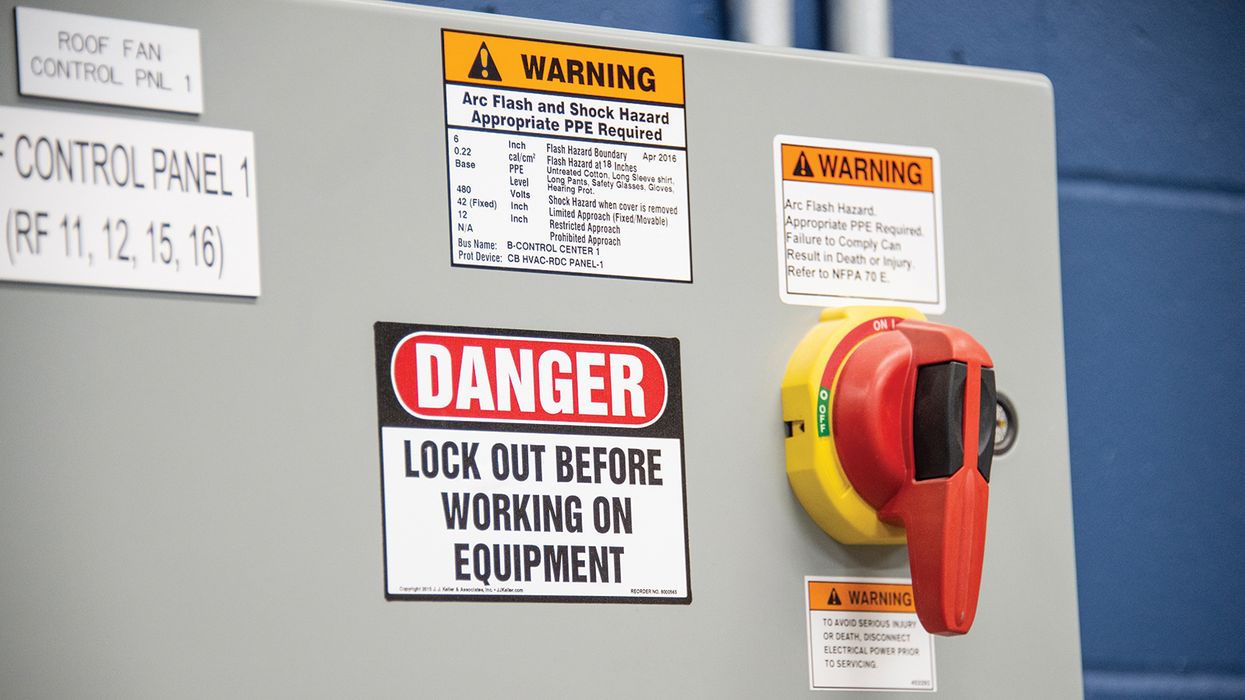DOT proposal limits emergency relief to hours of service
If your company is inclined to offer a helping hand during natural disasters, pandemics, and other government-declared emergencies, you may soon have to follow more rules than you used to.
The Federal Motor Carrier Safety Administration (FMCSA) is hoping to add more restrictions to its “emergency” rule in 49 CFR 390.23, which has remained largely unchanged for 30 years.
Automatically exempt
Today, that rule offers an automatic 30-day exemption from most FMCSA safety rules for those providing direct assistance to emergency-relief efforts. In theory, this means an unqualified, fatigued driver in an unsafe vehicle could make emergency deliveries without violating the Federal Motor Carrier Safety Regulations (FMCSRs).
The agency now wants to put an end to that possibility. It’s proposing changes that would make some drivers exempt only from work limits, and in some cases for less than a week.
New restrictions
The FMCSA’s proposed changes would, in part:
- Allow drivers to be exempt only from the hours-of-service limits (395.3 and 395.5), and only for up to five days, if the emergency was declared by a governor, local official, or the FMCSA. Presidential emergency declarations — like the one issued in 2020 for the COVID-19 pandemic — would continue to result in a 30-day exemption from all FMCSRs.
- Alter the definition of “emergency” to exclude economic conditions caused by market forces, in most cases (e.g., shortages of raw materials or supplies, labor strikes, driver shortages, inflation, or fluctuations in freight shipment or brokerage rates).
- Keep in place a broad exemption for emergency deliveries of home heating fuel.
Note that, if the changes are finalized, drivers will need to record their time when responding to certain emergencies since the logbook rules in 395.8 would still apply.
Using the exemption, today and tomorrow
Given the increasing number of emergency declarations in recent years, more motor carriers and drivers may consider using the emergency exemption in 390.23. If that includes you, be sure to review the regulation carefully, along with definitions in 390.5 for:
- Direct assistance,
- Emergency relief, and
- Emergency.
You’ll also need to review the terms of the emergency declaration itself, usually available online at www.fmcsa.dot.gov/emergency-declarations. Some declarations, for example, require that drivers carry a copy of the official notice when operating under the exemption.
If the FMCSA’s proposed changes are made final, plan for additional time and consideration when responding to a non-presidential emergency. You’ll need to make sure the exemption applies and that your drivers comply with all other FMCSRs except the limits on drive time, and you’ll need to pay close attention to the expiration date.
Comments are welcome
If you want to comment on the FMCSA’s proposed changes, you’ll have until February 6 to do so. Comments may be submitted online at www.regulations.gov under docket FMCSA-2022-0028.
Key to remember: The FMCSA wants to impose new limits on use of its exemption for declared emergencies. If you plan to offer a helping hand during emergency situations, make sure you know what you’re exempt from, and for how long.























































